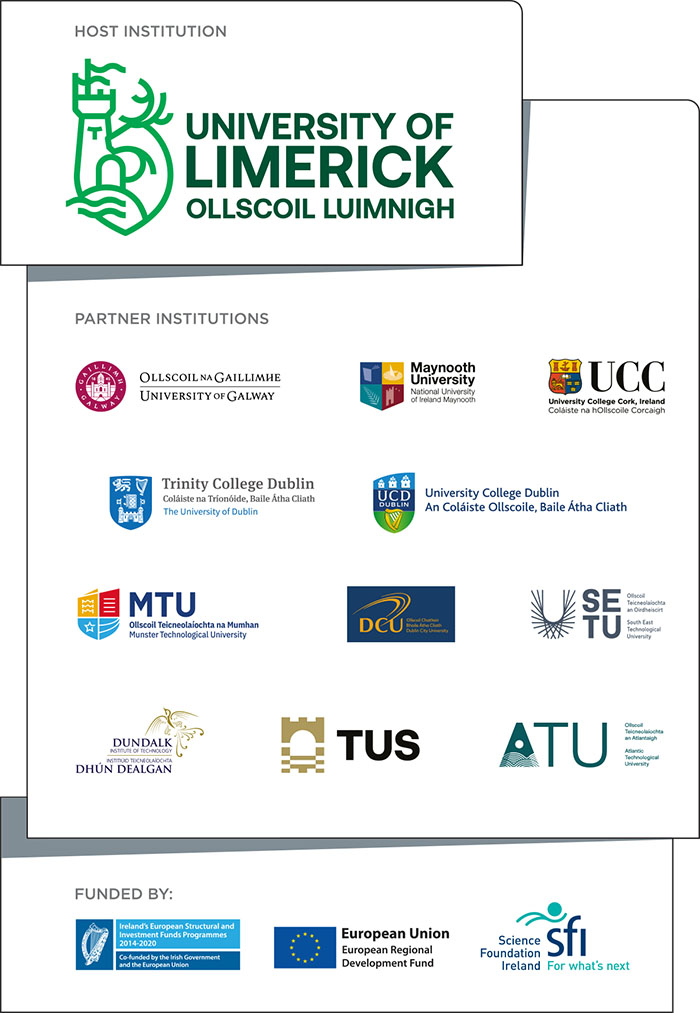New Rules for Modern Businesses?
You are here
Analysis: The importance of habits in maintaining the psyche of an organisation
First published in the Irish Times, Friday, July 26, 2019
For the past 50 years, businesses have been focusing heavily on providing strict rules and guidelines to their workers on how to carry out work. This has brought many benefits, much standardisation and has been particularly useful in regulated environments. But, what if this dependence on detailed procedures and processes also means that businesses and organisations are failing to leverage the creativity of their employees in finding more efficient or effective solutions to their business needs?
Business processes tend to be very abstract, making it difficult, if not impossible, for employees to successfully decode and understand the expectations set by top management or process owners.
In recent decades, businesses have relied on a “process-centric” view and excessively evangelised the use of processes and rules to improve productivity and so designed and implemented rules for optimal ways of accomplishing tasks. This is especially true in the case of traditional manufacturing firms where jobs were designed specifically to produce a desired product.
Modern businesses, contrastingly, are very complex and allow different possibilities of arriving at a solution and hence the process centric mindset may fall short in explaining the productivity puzzle.
Even though processes are useful in that they can provide guidance on how to carry out certain tasks, they leave significant room for employees to customise them to suit their own habits, i.e. employees can alter some parts of the process knowingly or unknowingly through their habits.
These habits may be crucial for the success of an organisation. For instance, the growth of knowledge-sharing sites like Stack Overflow and productivity apps like Trello allows employees to carry out tasks in many different permutations and combinations. Hence, a task completed by two different employees can have varying process times and outcomes depending on their habits and their ability to use the tools. A ticket raised by a customer can be closed by two employees in completely different ways depending on their expertise, network, productivity apps used, knowledge sharing sites visited and their rapport with other workers.
Employees can also develop some tacit habits even while executing simple tasks such as sending an email – i.e. how they address the client, how many words they use in the subject, amount of typos in the email, etc.
So, why is it important to understand habits? Habits are important for three main reasons.
First, habits are important in maintaining the psyche of an organisation. For example, a simple thank you note, a smiley, or a compliment can greatly boost productivity levels by increasing the emotional connection between employees.
Second, habits affect the cognitive processes and impact the ability of employees in solving a problem. Employees who are active on knowledge-sharing sites can often solve a problem more quickly than colleagues who are not as interconnected with the outside world.
Third, habits can affect the cohesion between employees, both at the team and dyadic level. Most of the organisational cookbooks do not clearly emphasise how to build these habits that can lead to successful cohesion between employees.
For measuring and capturing the habits of workers, process owners need to look “under the hood” to identify the traits that are beneficial to the business.
Researchers at University of Limerick and Case Western Reserve University, United States of America, suggest a method for unpacking the recursive relationship between the ideal and real-world processes. They find that rules are important only to a certain extent and suggest exploring habits and other factors as a possible route for productivity gains.
Economists and organisational scientists have tussled in understanding the ways to improve the productivity levels. Sadly, the existing processes in businesses only address part of the problem. In order to fully understand the idealised work processes in knowledge-intensive organisations, process owners need to take into account the habits of the employees and adapt the processes with new rules.
Habits can have a greater impact on how businesses run now and in the future. For example, identifying and replicating the traits of certain star employees can have implications on productivity. Hence, businesses should equip and develop capabilities that can aid workers in reducing their task turnaround time.
As businesses enter the era of artificial intelligence (AI), they need to rethink their approach and attitude to processes. With robots and AI technologies taking over some tasks of the existing workforce, businesses need to pay close attention to the habits of their employees to find ways to improve the productivity by framing “new rules”.

Dr Veeresh Thummadi is a research fellow at Lero, the Irish Software Research Centre at University of Limerick.




